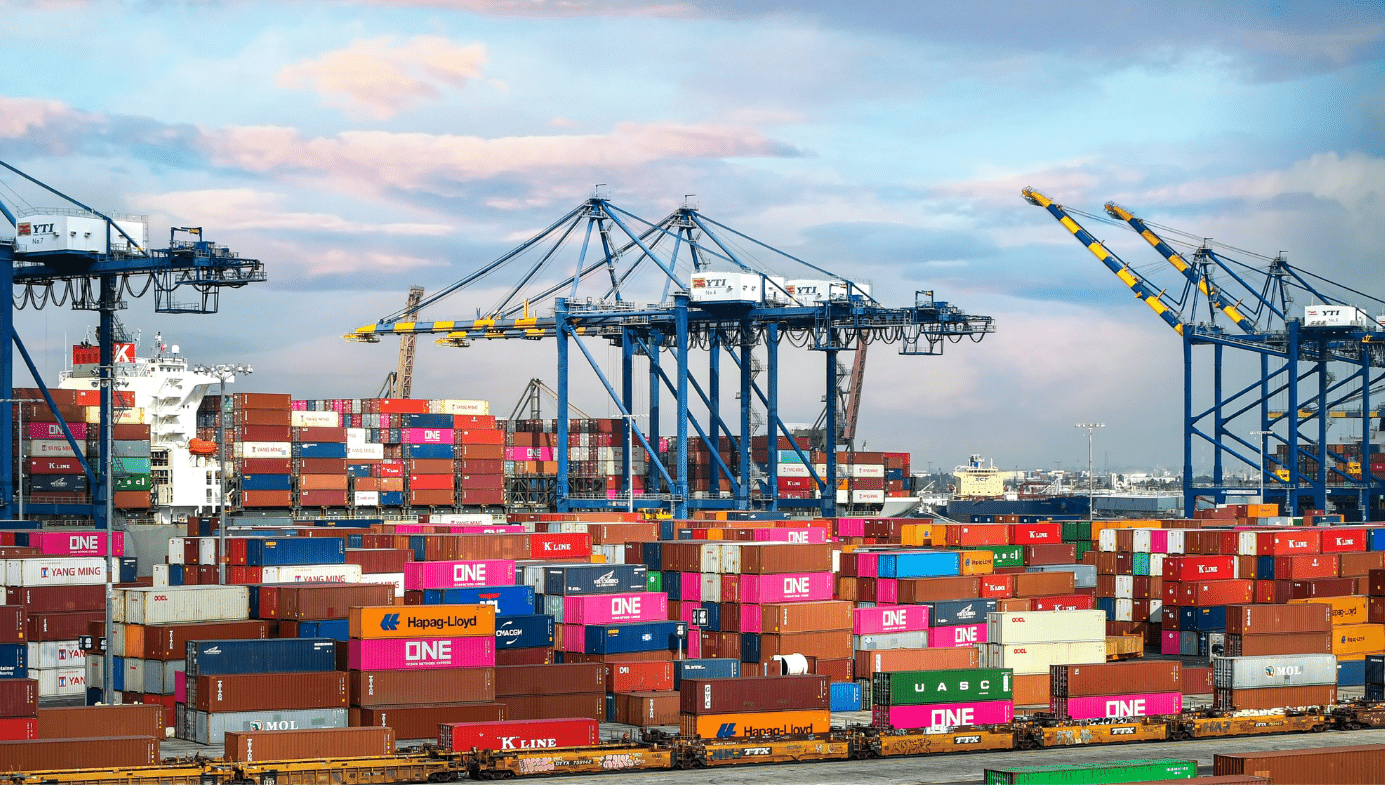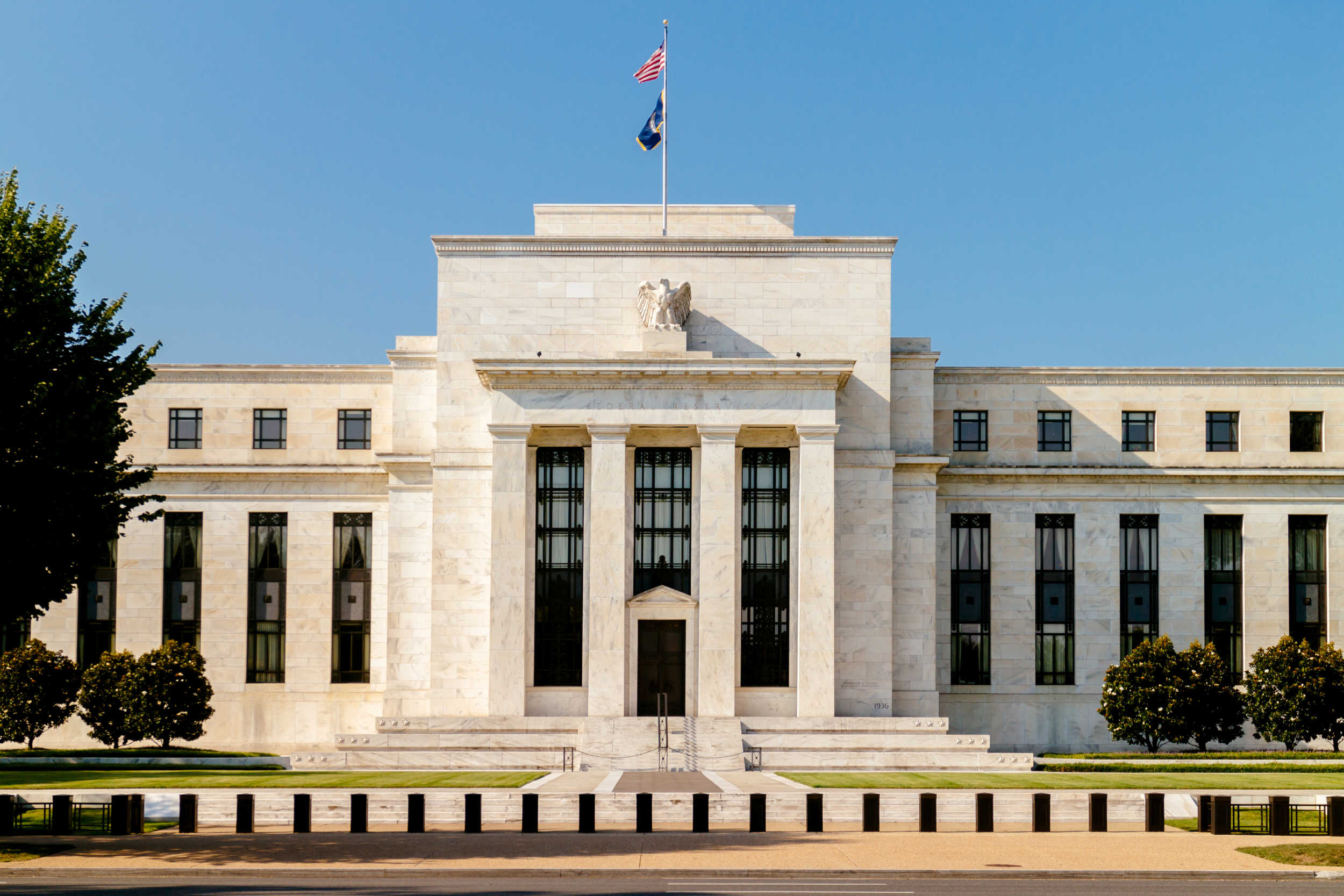It's back
It’s back. After decades of globalisation, topped off with a garnish of ageing populations, infused with the downward price pressures of technology, inflation is back with a vengeance.
Paul Volker would be turning in his grave at rock-bottom interest rates; Milton Friedman seething at the largesse of central banks’ bond-buying programmes. But today’s post-pandemic phenomenon links more to supply-chain bottlenecks and abrupt structural shifts in labour markets.
As you’ve probably gathered by now, inflation is not going to be transitory. Let’s look at how it affects the venture capital industry.
Asset price inflation vs ordinary goods - two sides of the same coin
An unintended consequence of accommodative monetary policy is asset bubbles. The remedy proposed to stabilise markets actually juices up institutional balance sheets. First there is froth in public markets such as SPACs, followed by neo-securities such as crypto and NFTs. Investors then start to perforate into private markets in search of higher returns, raising valuations and pushing the smart money further down the value chain.
Asset price inflation is not the same as inflation for ordinary goods, of course. Yet valuation-flation runs parallel.
Friedman said inflation was ‘always and everywhere a monetary phenomenon.’ That hasn't proved entirely true, but the expansion of the fiat money supply has caused the real value of money to decrease - which affects everything from the valuation of a Series A startup to the price of a punnet of strawberries.
Now we shall explore each aspect of the inflationary environment’s impact on the ecosystem.
Causes
1. Supply-Chain
Backlogs, Logjams, China’s decline as an exporting powerhouse. The globalised supply chain has finally knelt under the onerous weight of the pandemic. VCs are capitalising on a moment where solutions are desperately needed.
Our friends Tom Blomfield, Charles Delingpole and Octopus Ventures invested in a Seed-round for BondAval, an insurtech solution for suppliers and merchants. David Chreng-Messembourg told us how blockchain can increase trust between actors in the maritime sector by anonymising data, with services like SpringLabs.
2. Labour market epiphany
Economics tends to treat humans as rational actors to an almost inanimate degree. What it hasn't been able to account for is the realignment of what citizens want from work, asides from remuneration. After an extended period of solitude, some want constant human interaction.
Others were unencumbered by WFH and want it to continue. As I alluded to here, VCs must consider labour bottlenecks in growth models, particularly for developers and couriers.
3. Globalisation backlash
The deflationary force of the free movement of workers has been met with populist resistance from Britain to the US. Now repatriation has led to labour shortages in the haulier and hospitality sectors. But the squeeze is also being felt in startups trying to obtain visas for foreign workers.
For some this is insignificant; the advent of WFH has meant startups can work entirely remotely with a global labour force. For VCs and founders, the question is whether an international workforce is preferable than a proximate one in a physical office.
4. Energy transition
The most pernicious cause of today’s inflation is rising energy prices. Intertwined with supply chain issues is rising gas prices. The traditional fallback, coal, is now rightly embargoed in most western countries.
So we are seeing the first incidence of the energy transition creating a multilateral rise in fixed-costs for all businesses, afflicting inventory-heavy startups the most. Rising electricity prices doesn’t bode well for deeptech startups driving electrification, nor does the semiconductor shortage.

Direct effects:
Wage-Price spiral
Back in the 70s, central bankers lived in fear of this cascading spiral. Albeit, in a heavily unionised post-industrial economy, the leverage employers had mirrors the power shift today, although other factors such as generous stimulus and fear of the virus are at play.
The spiral derives from two antagonistic groups responding to macro conditions, unwilling to absorb rising costs. In theory, this can go on forever. In practice, there is a ceiling of how much firms can raise prices without reducing demand, if there isn’t a commensurate rise in wages. Through a labour lens, employees will happily move on in search of higher wages when their purchasing power is being eroded.
The ‘ great resignation’ of August defies conventional wisdom, however. It is not restricted to underpaid low-skilled workers or employees joining rivals. Many are leaving jobs with no plan at all, reflecting work-life balance considerations.
This inflection point has profound consequences for venture-funded startups beyond margins. Today’s talent war will not just be fought over remuneration. Culture, benefits, autonomy and even equity may usurp pecuniary compensation.
In an extreme scenario, the latter could create dilution via expanding employee options pools, to the point where it has a fundamental impact on cap-tables.
Responses
It is undoubtedly the central bank responses that will impact VCs the most. A premature jolt or inert inaction can damage markets irrevocably. As can asynchronous tapering of QE. Since economies are recovering at different speeds due to covid, and stimulus came in different forms and sizes, it is natural for this to be the case. The BOE is signalling an early tightening given the double whammy of Brexit and Covid, but what matters the most is the Fed benchmark rate.
Most analysts are expecting supply-chain issues to subside by late 22’, which means the Fed might hold out. In the UK, yield curves on gilts show that the BOE’s hawkish rate rise will damage the recovery. The EU has little of an onus to raise rates yet because inflation has risen from a lower base.
Should this happen in late 22’ or early 23’, is not as relevant for VC as for public markets.
There are a multiple outcomes of a rate rise:
1. No outflows
A one percent increase in interest rates reduces VC fundraising by $647M in the following year.
Hence, the institutional money that has flown into VC will flow back out to fixed-income instruments. However, since VC funds are closed-ended, there will be no mass exodus of capital. The squeeze would only affect venture firms raising new funds.
2. Debt vs Equity
Demand for VC equity financing rises as debt financing becomes less attractive. This effect is marginal since venture debt financing, despite being popular in the US, is relatively low in Europe, despite reaching a peak of 8.3BN EUR in 2021.
Although some want that to change with the onset of revenue financing, recipients often must be repeat founders with predictable revenues and high inventory levels, which means it doesn't compete with equity funding for most non-SaaS startups.
3. An exit problem
Research shows IPOs are the strongest driver of VC investing. They serve as a barometer for public markets’ appetite for mature tech companies. So if liquidity dries up there may be less appetite for IPOs which might, in turn, drive down valuations. With SPACs seeing withdrawals, this presents a potential exit problem.
4. M&A frenzy
Alternatively, falling valuations could spark an opportunistic M&A frenzy. Consolidation in concentrated markets; incumbents and PE buying startups.

Macro? That's for hedge fund managers
Most VCs ignore macro conditions. They might have good reason to. The technological juggernaut doesn’t care much for old-world measures. Software will continue to make tasks easier and prices cheaper in the long run, outstripping Moore’s law in every sector.
For VCs, rising costs and the resultant monetary policy don’t detract from the long term deflationary pressure of automation. They will happily watch the macro situation from afar, waiting for the carefully-pruned startups in their portfolio to reach the promised land of liquidity.

